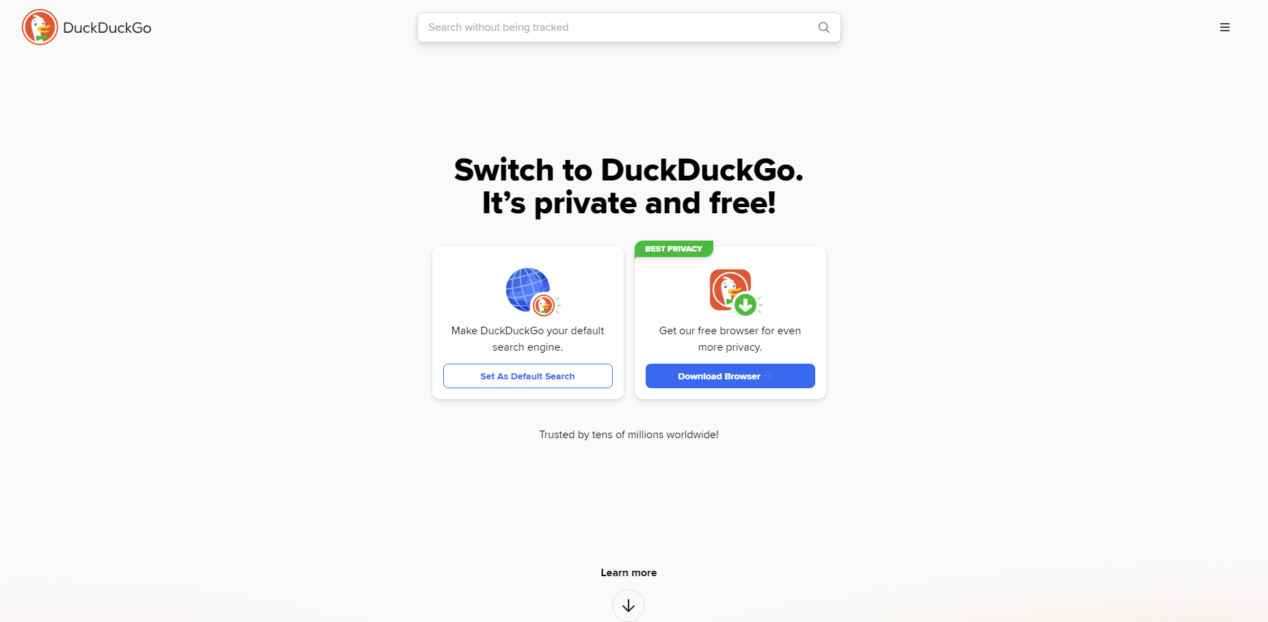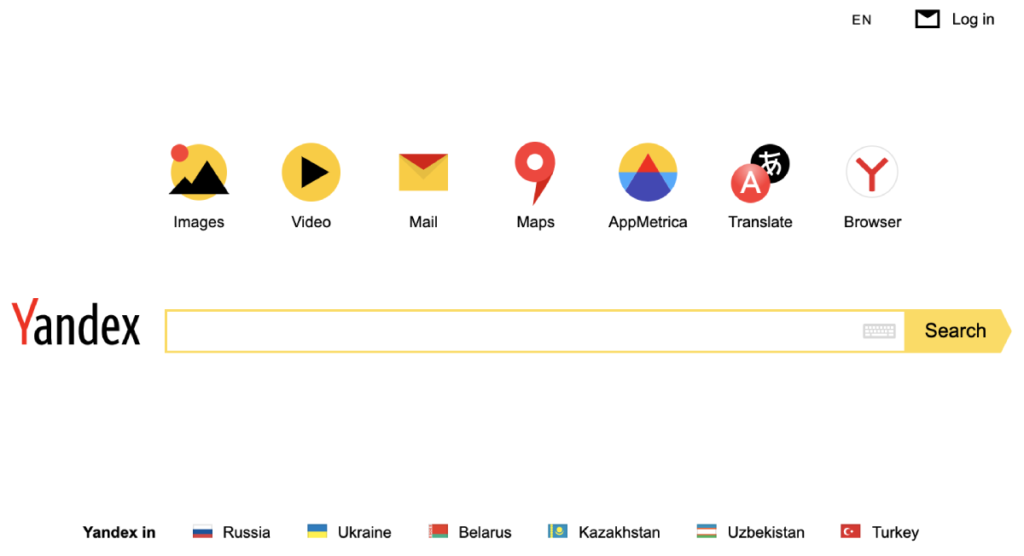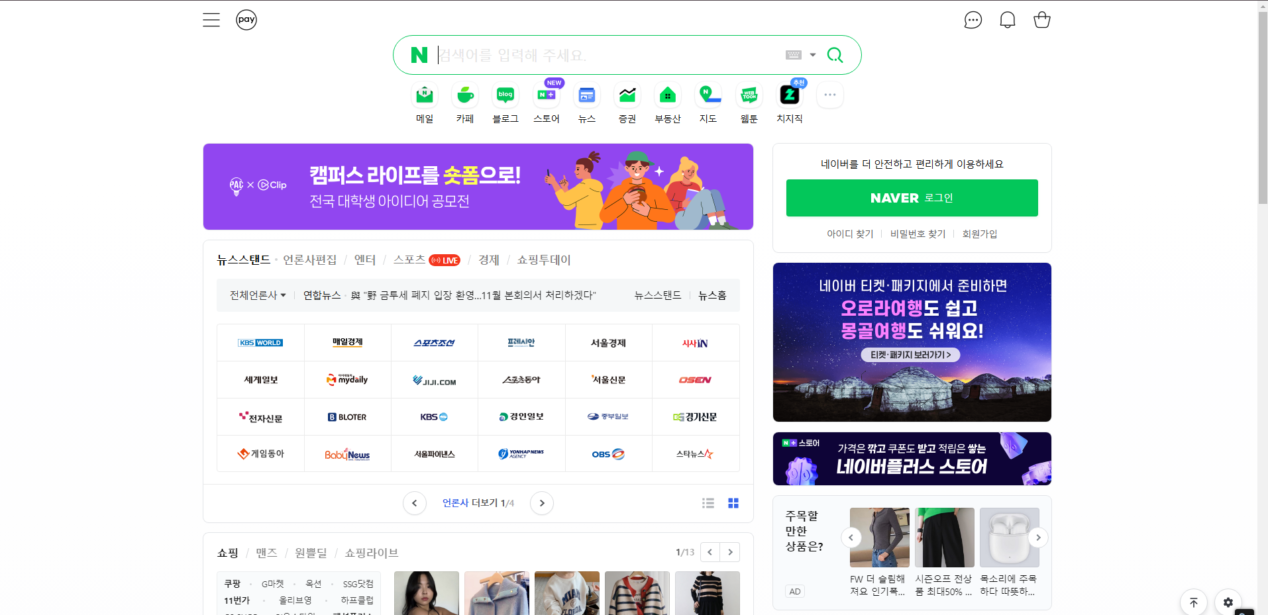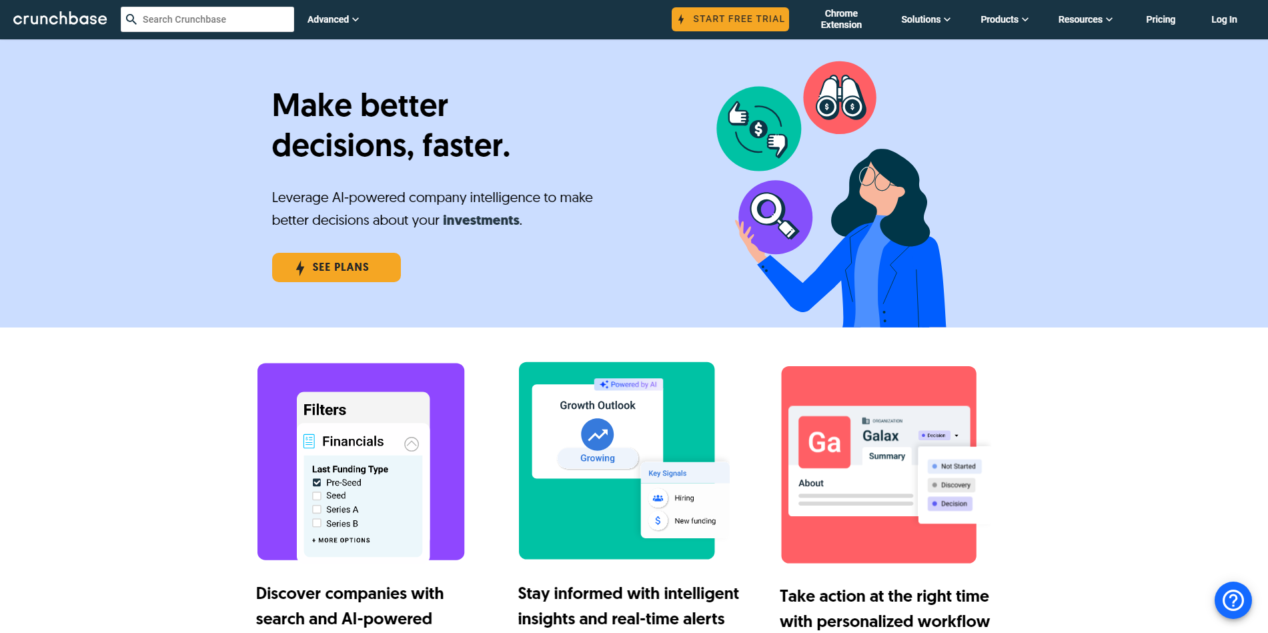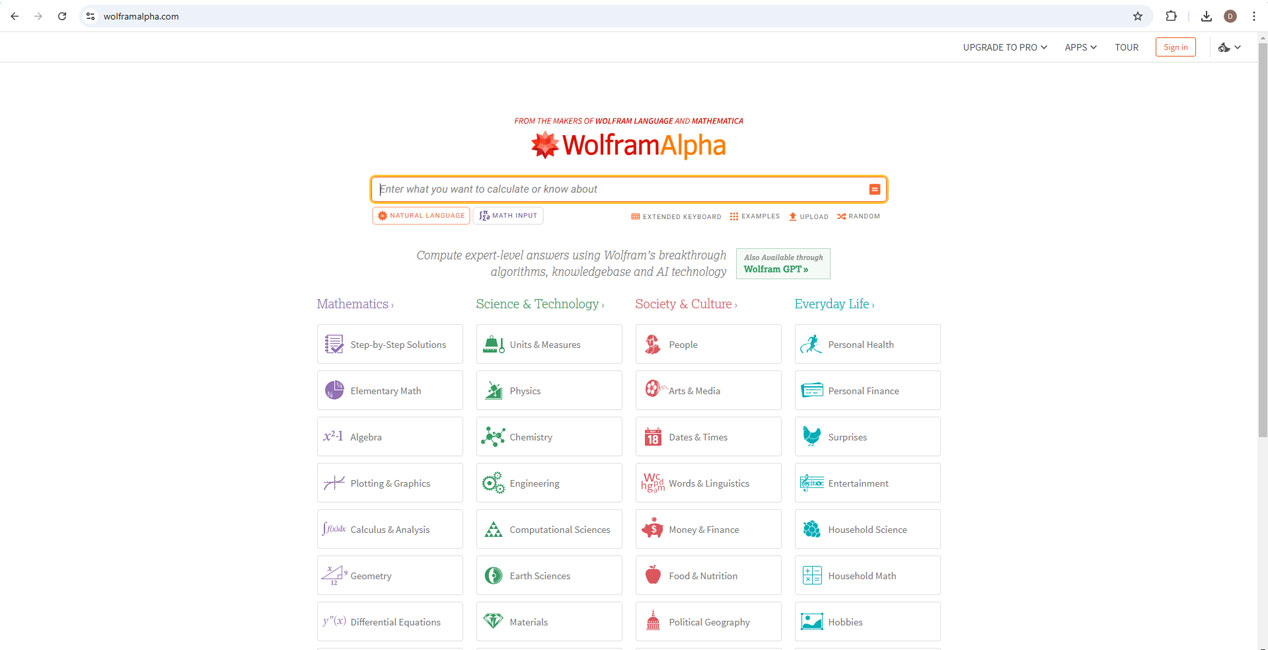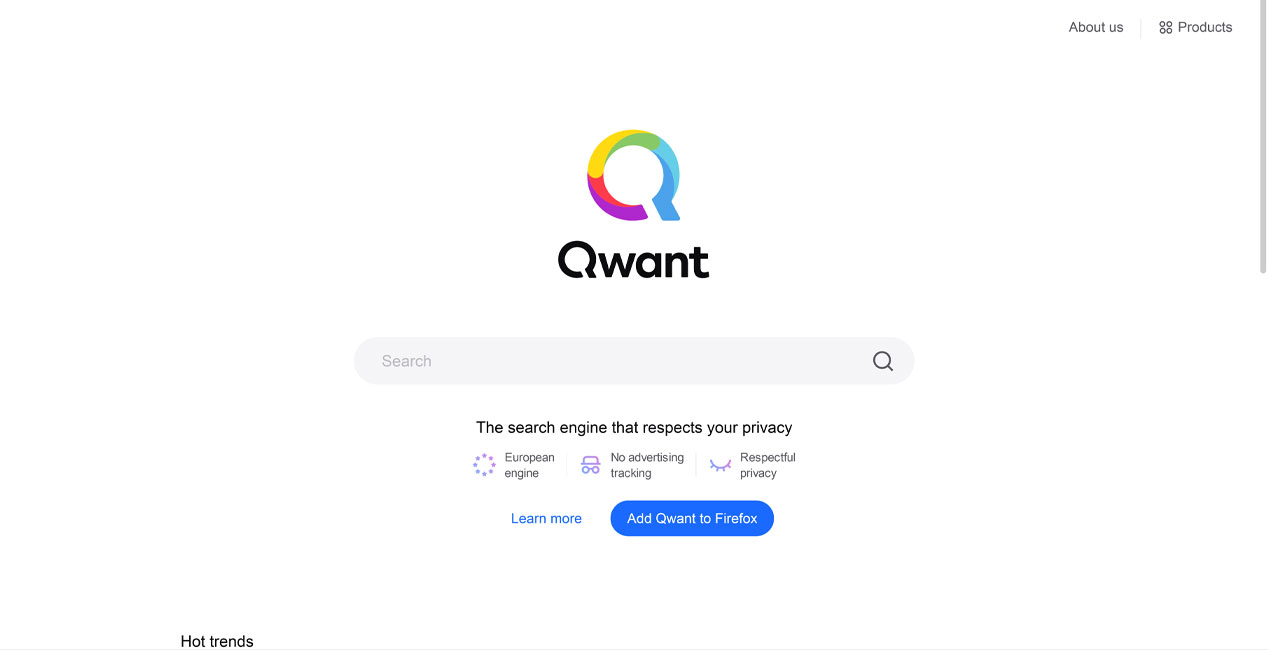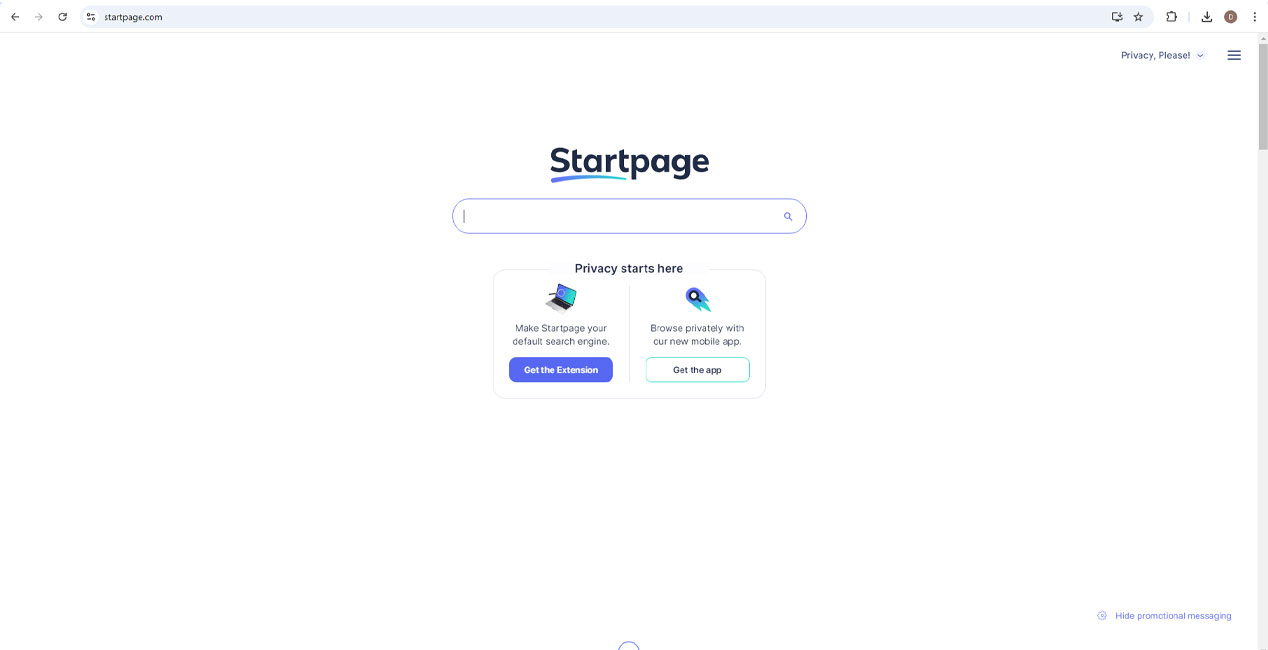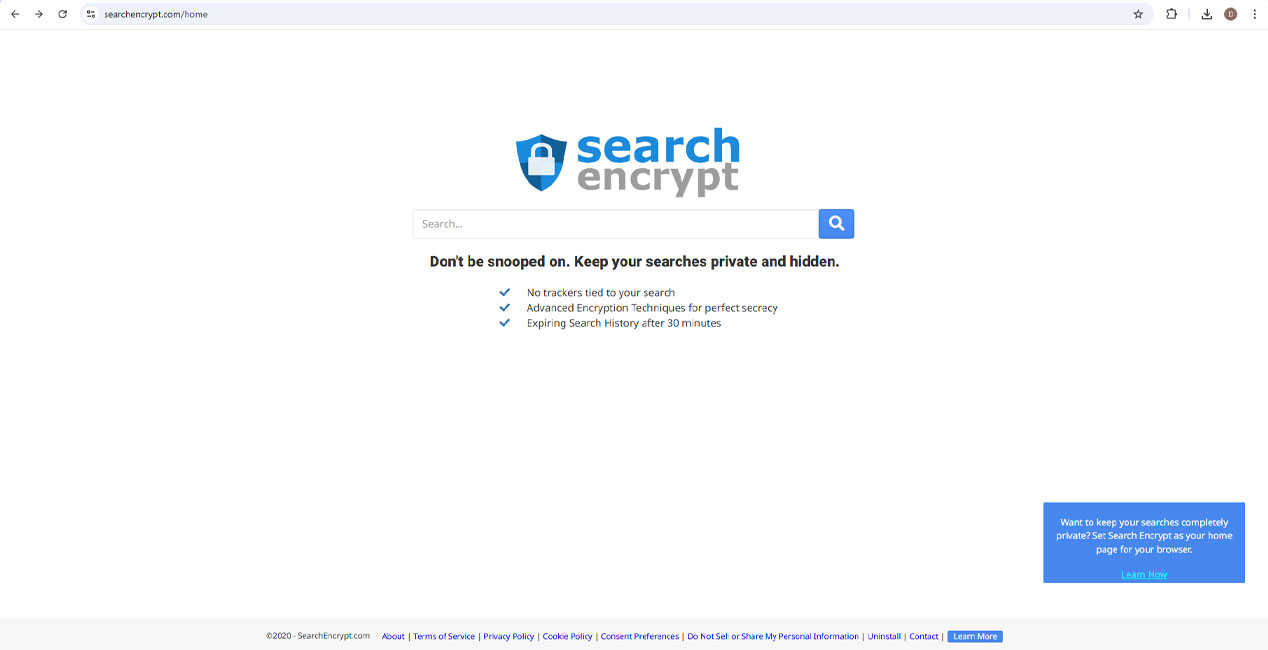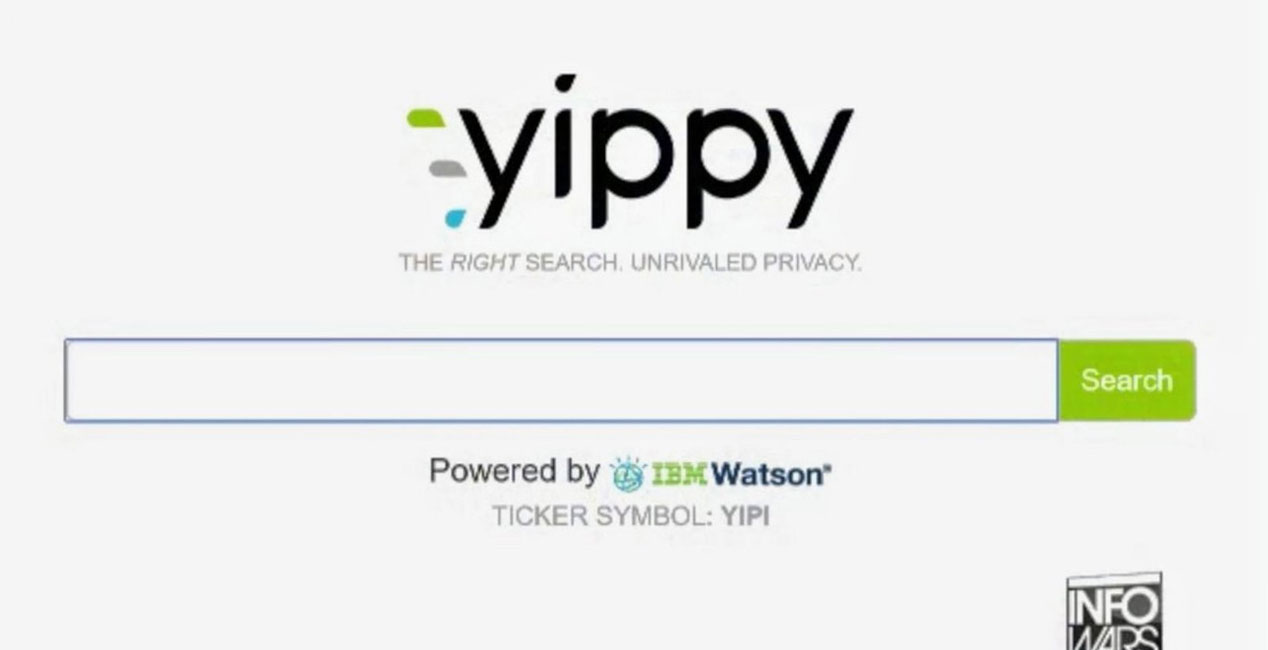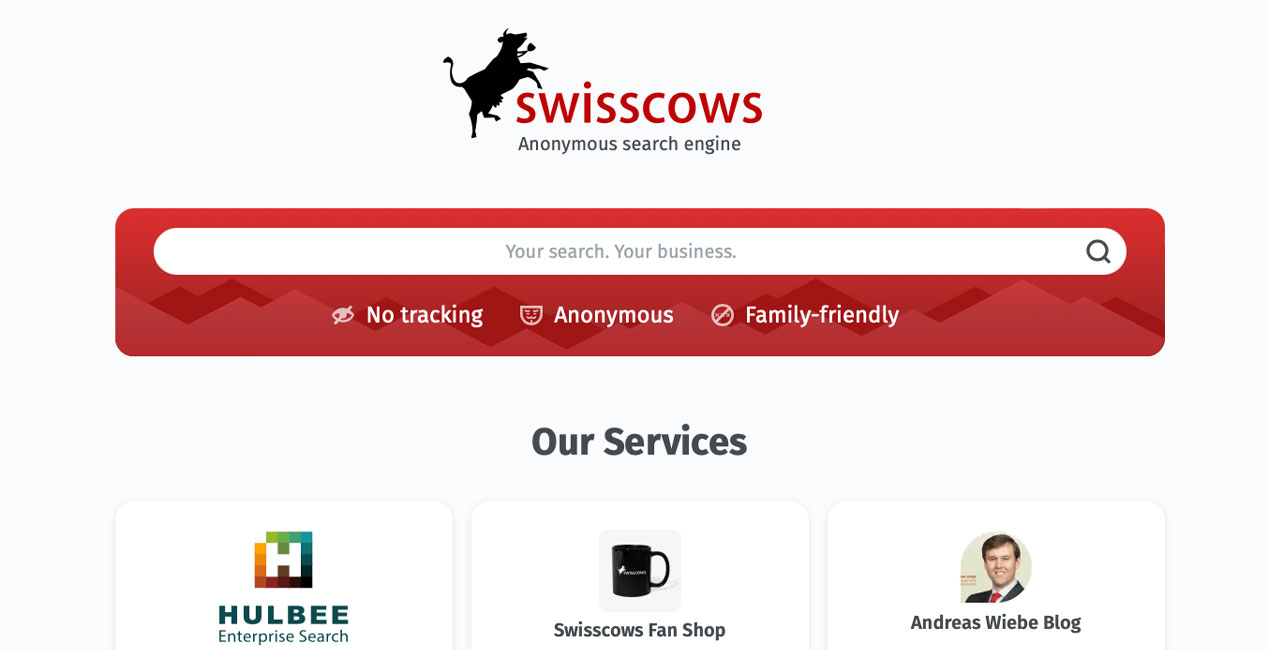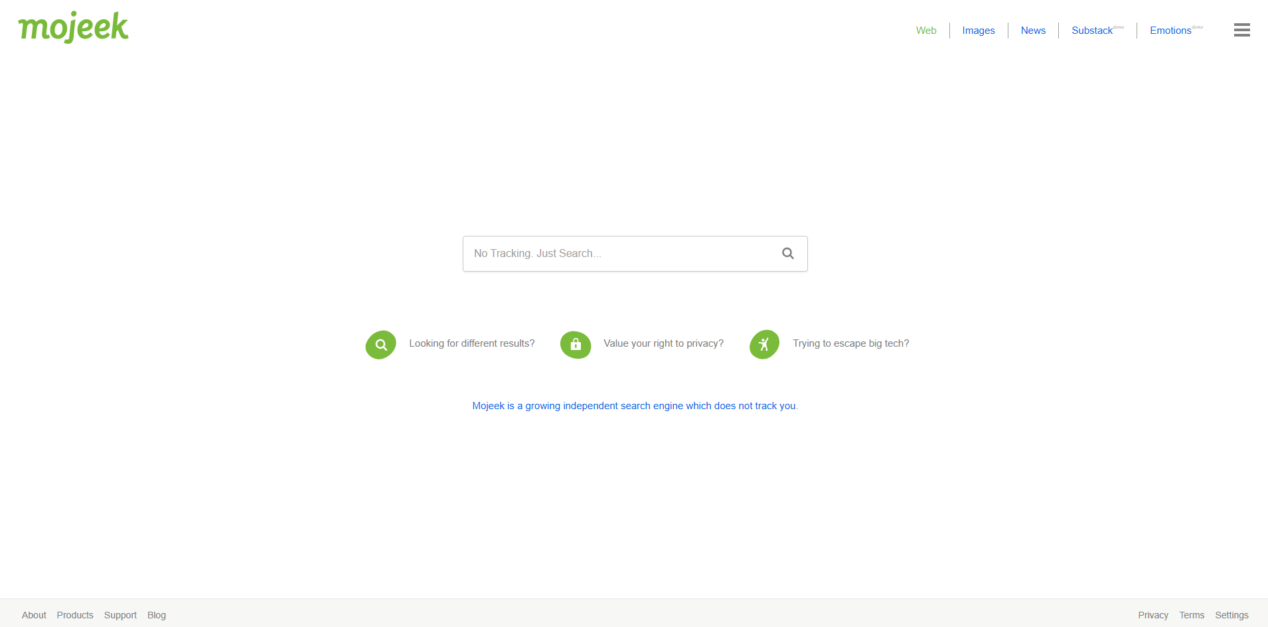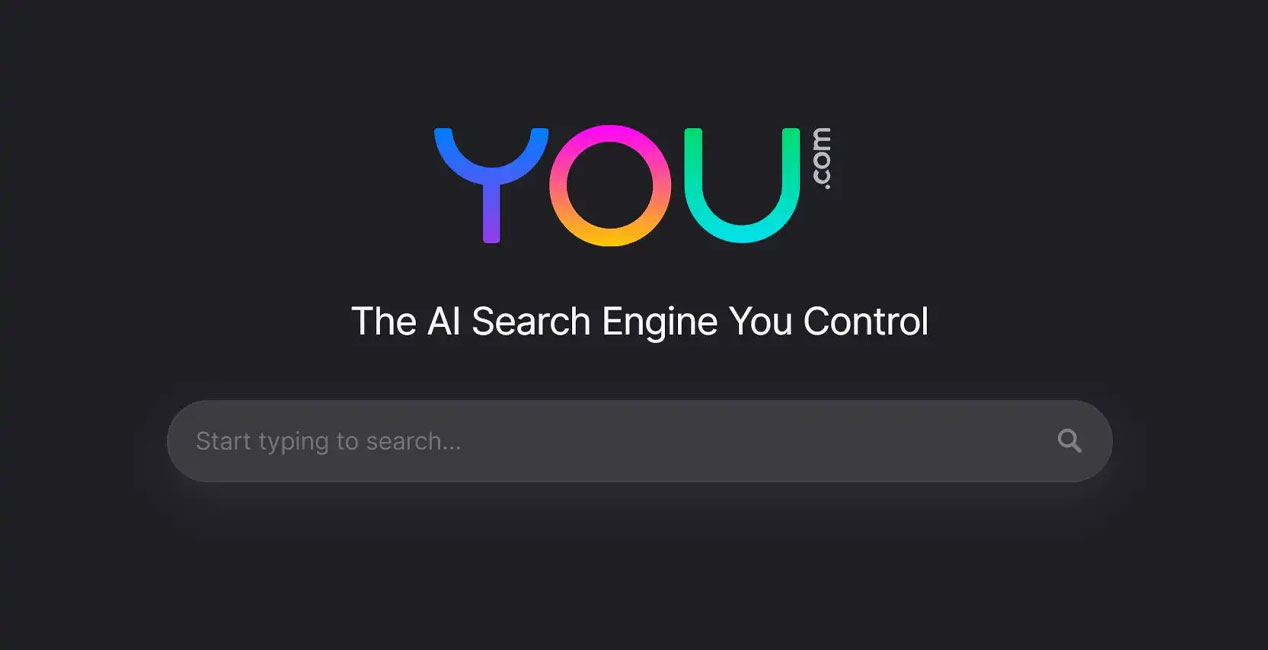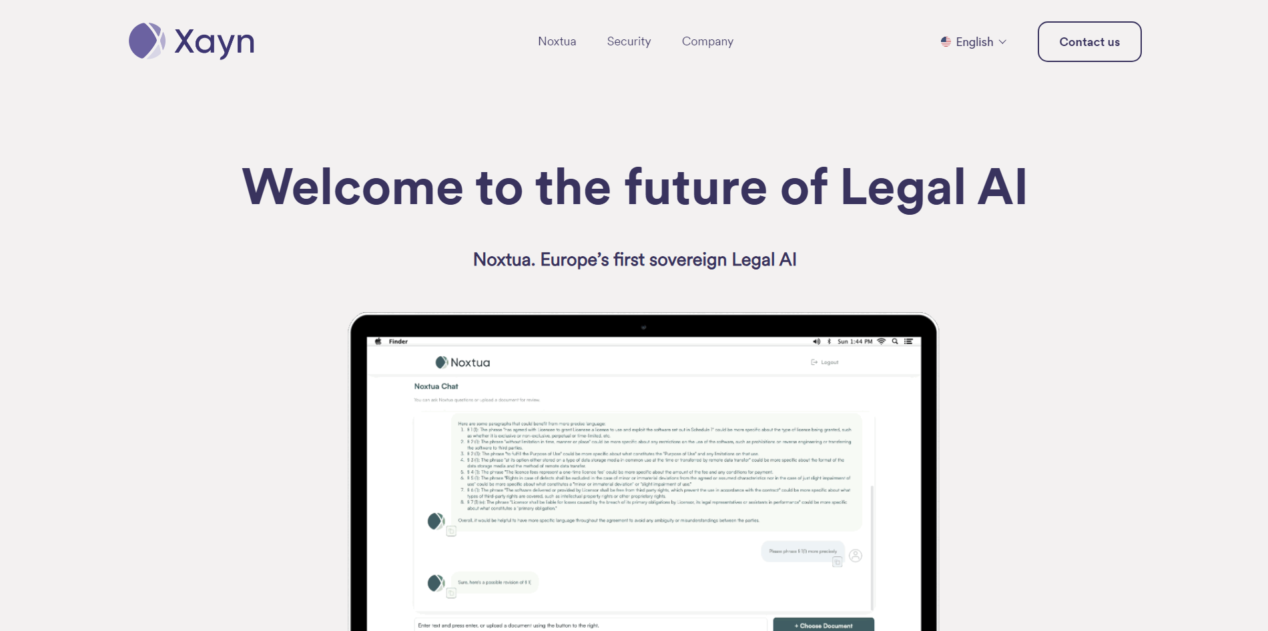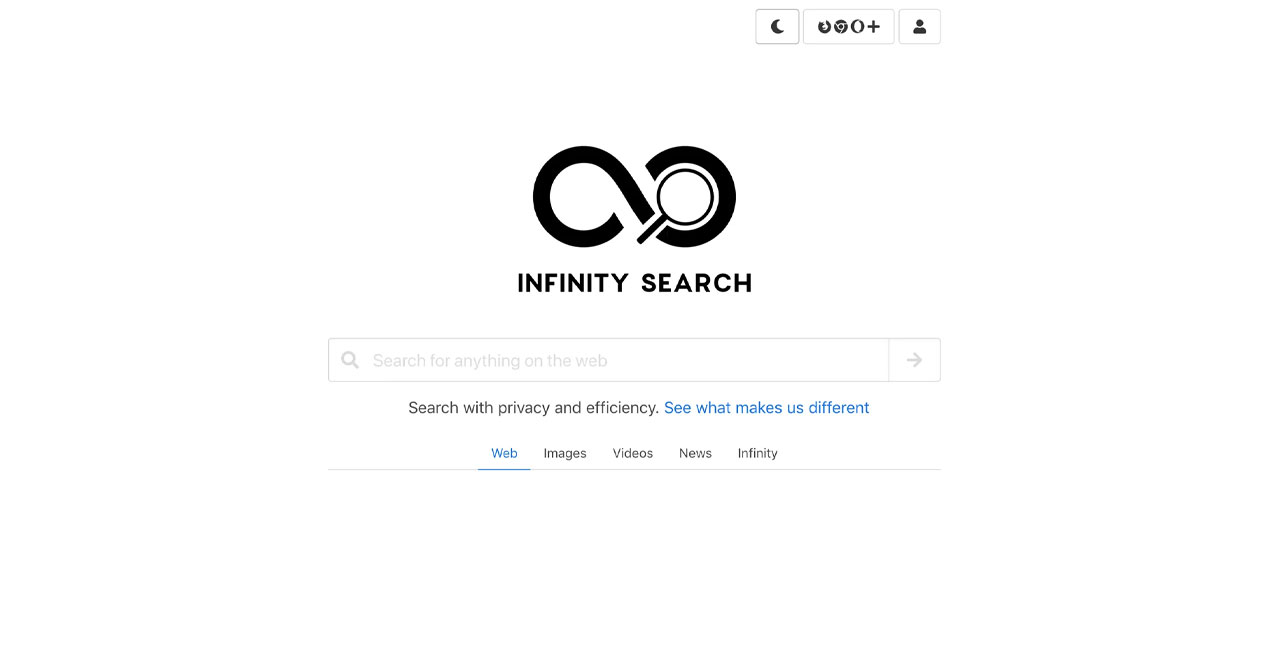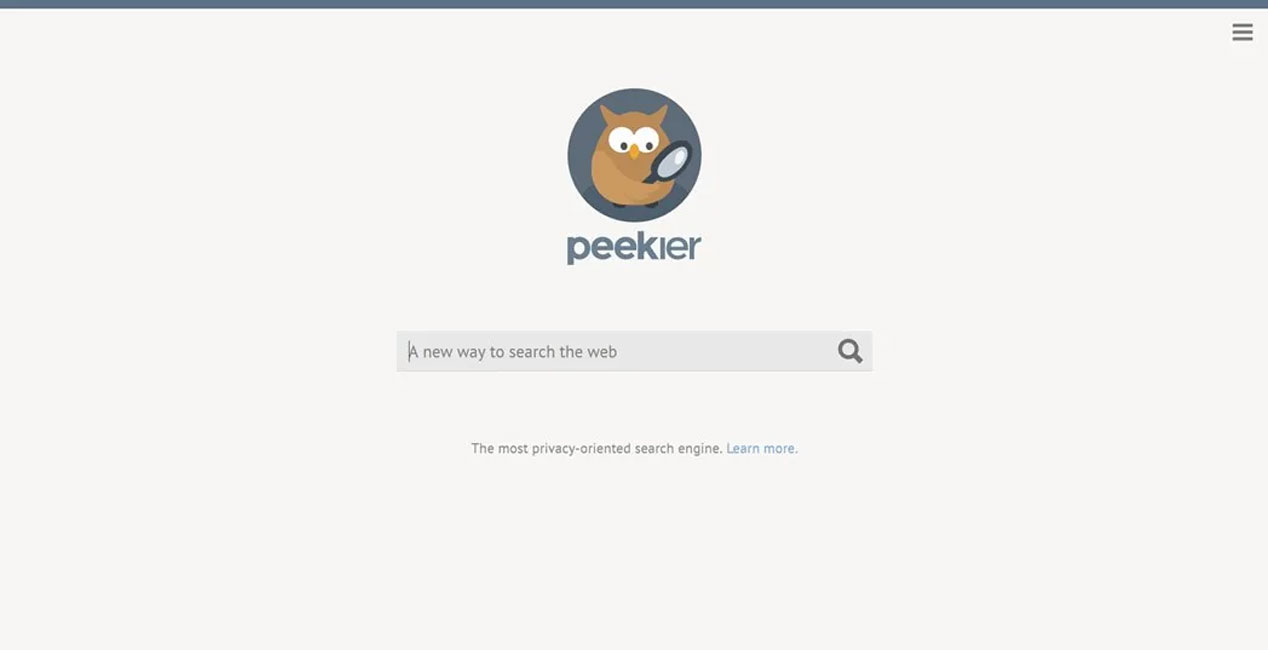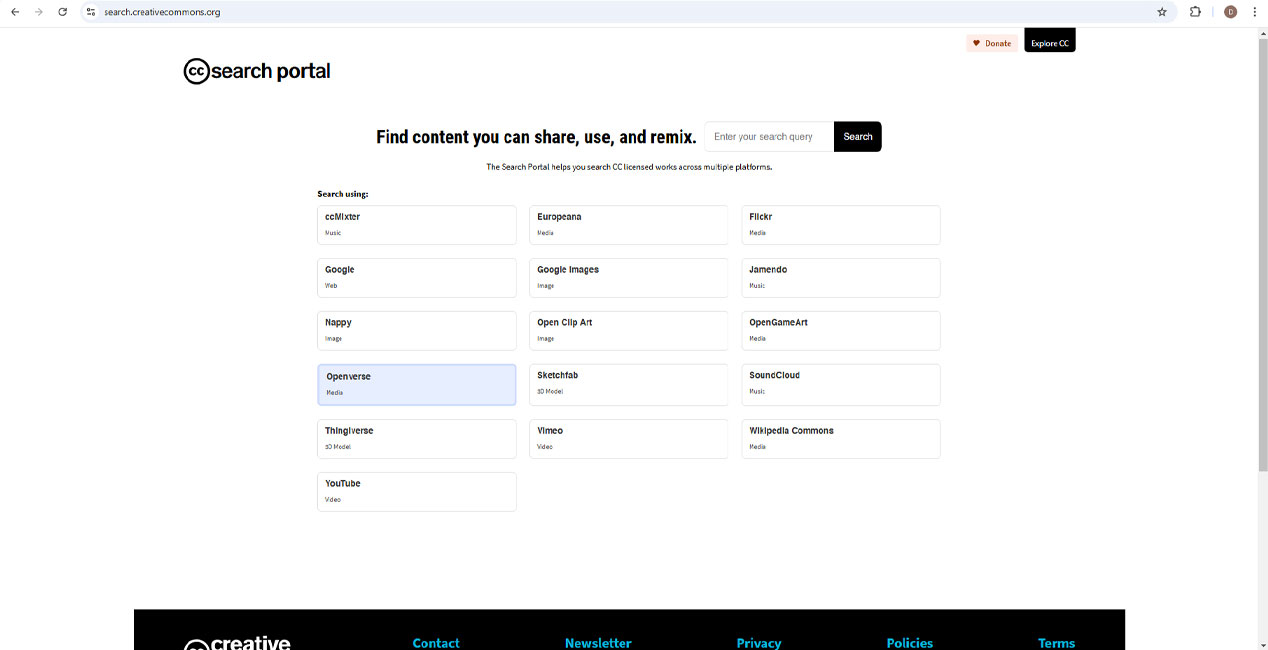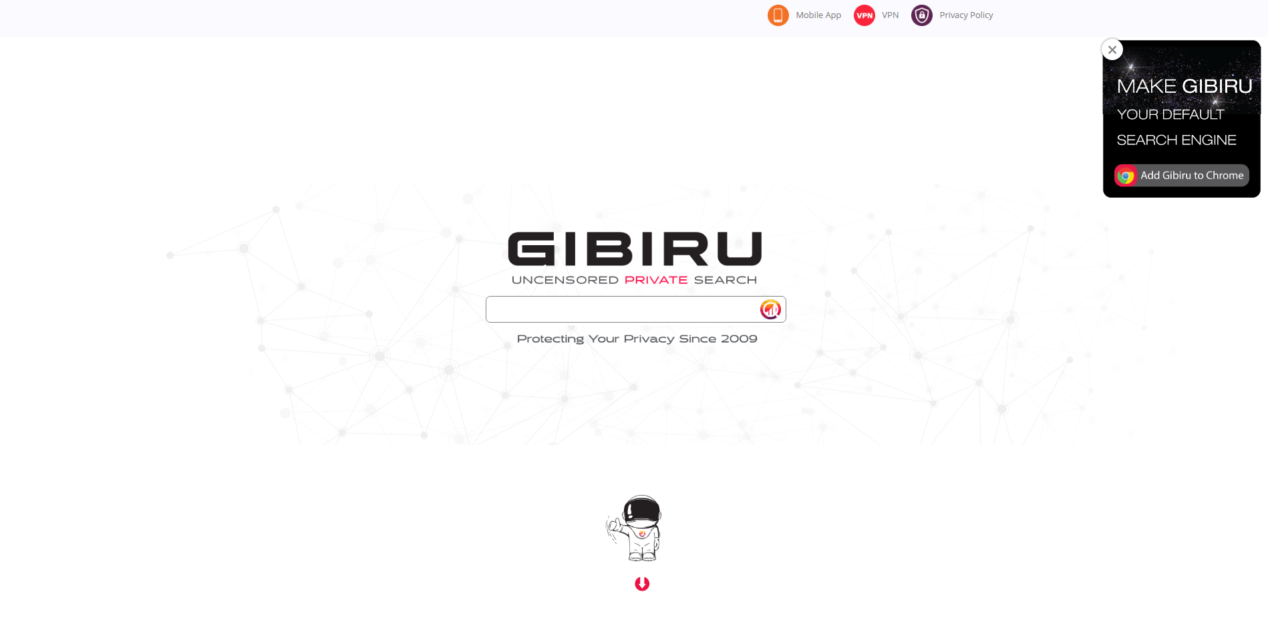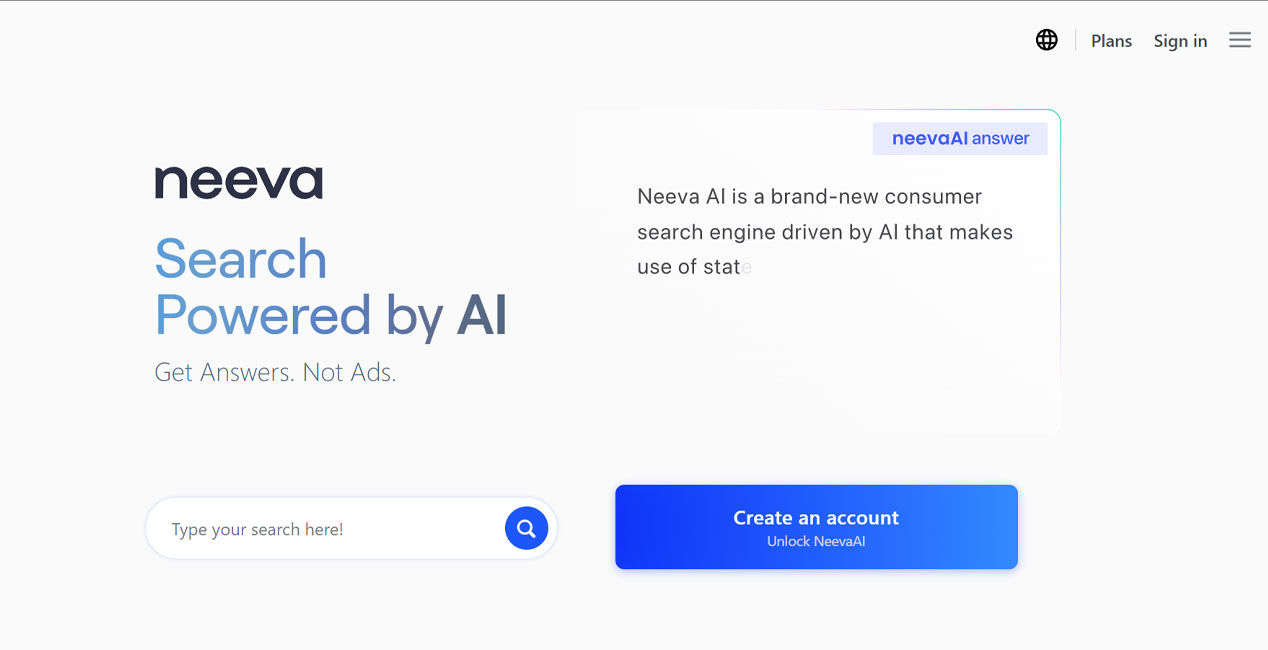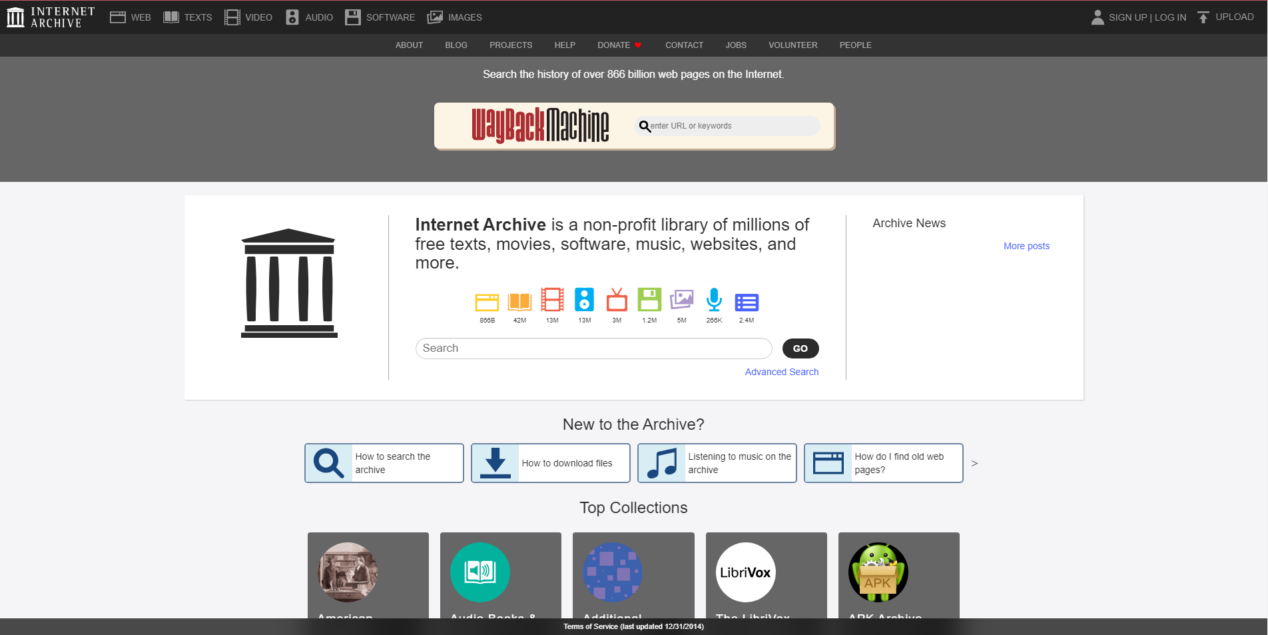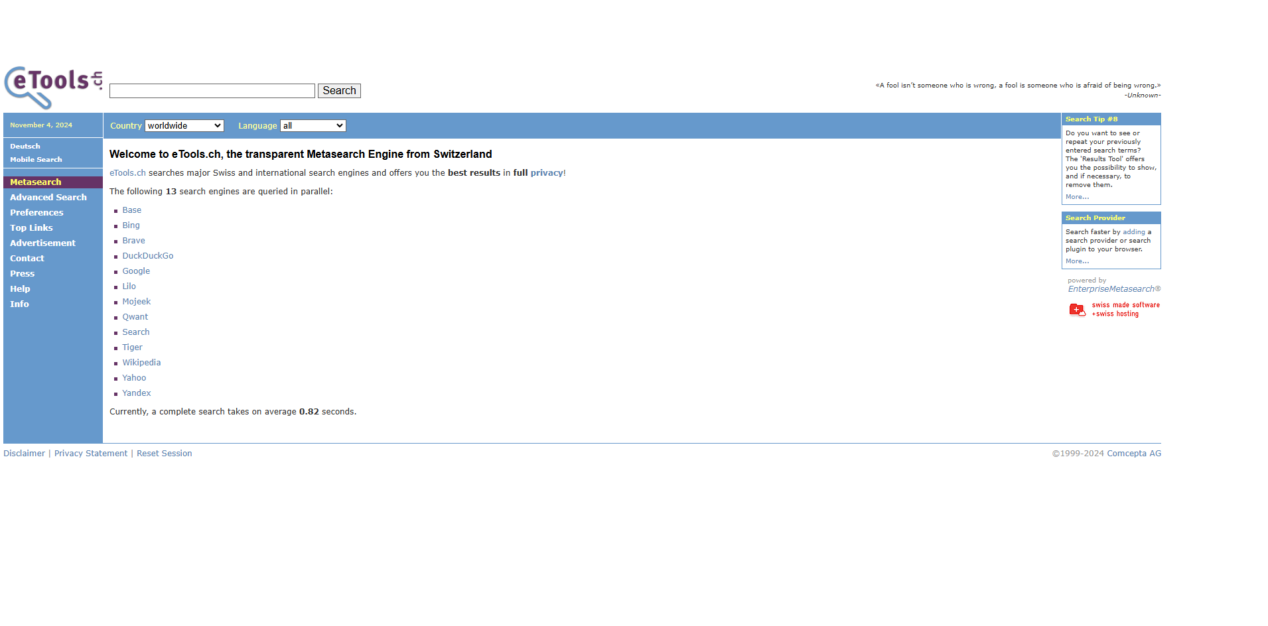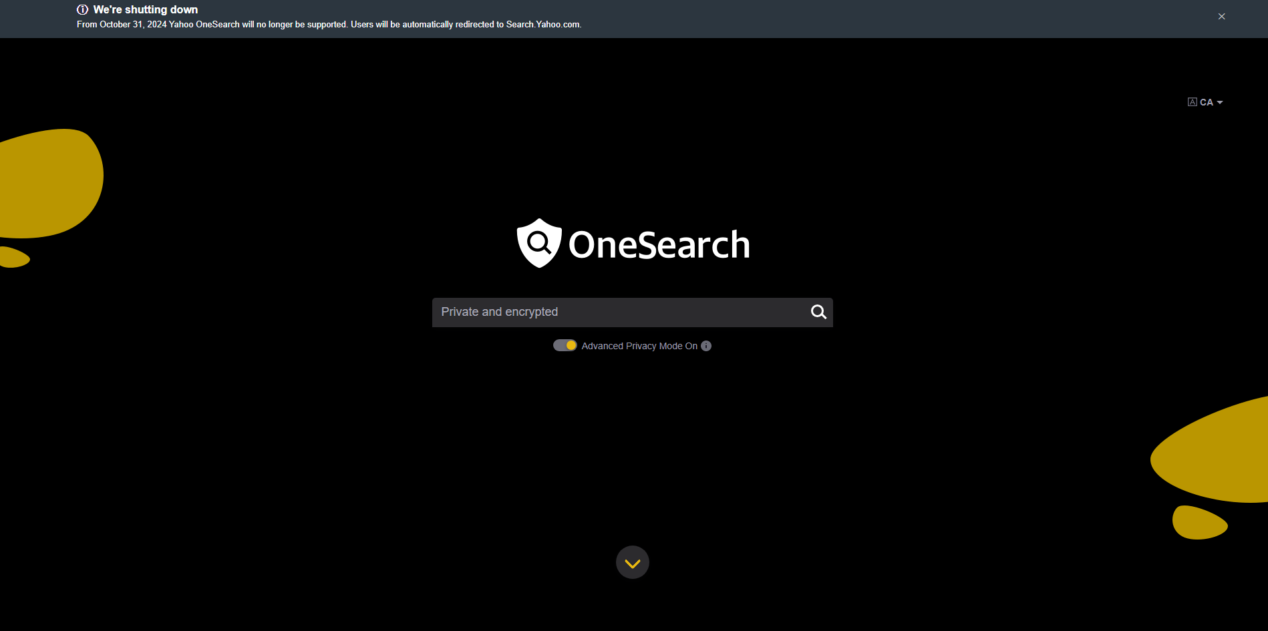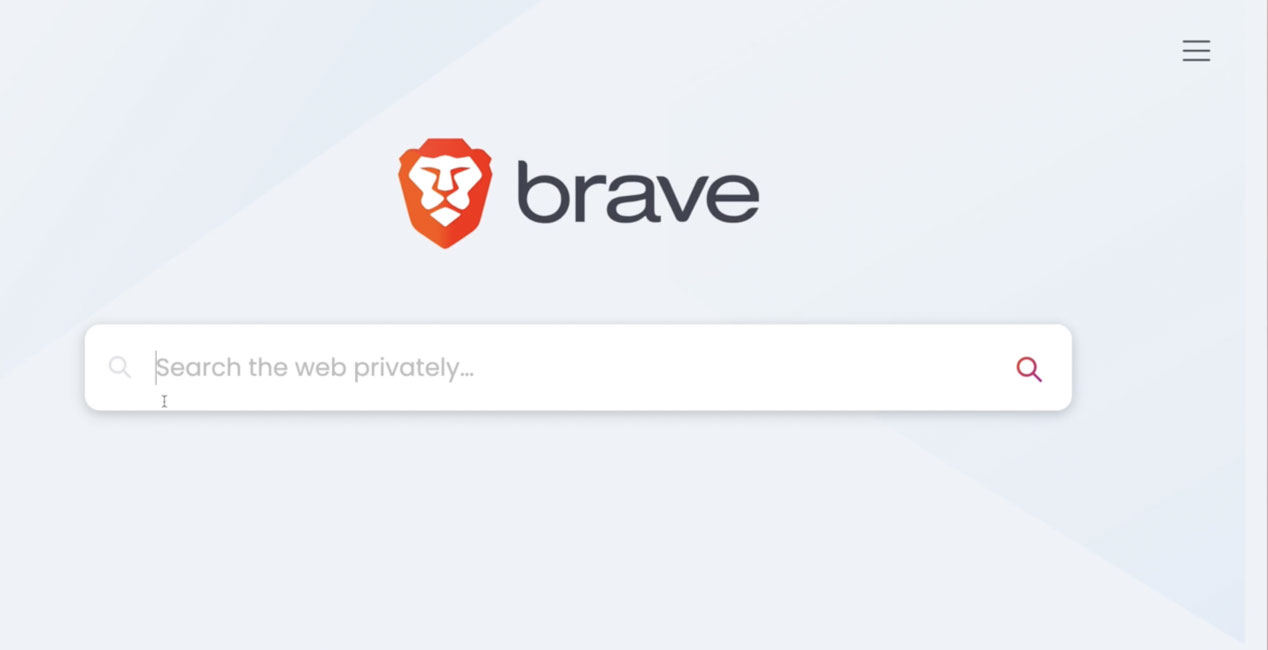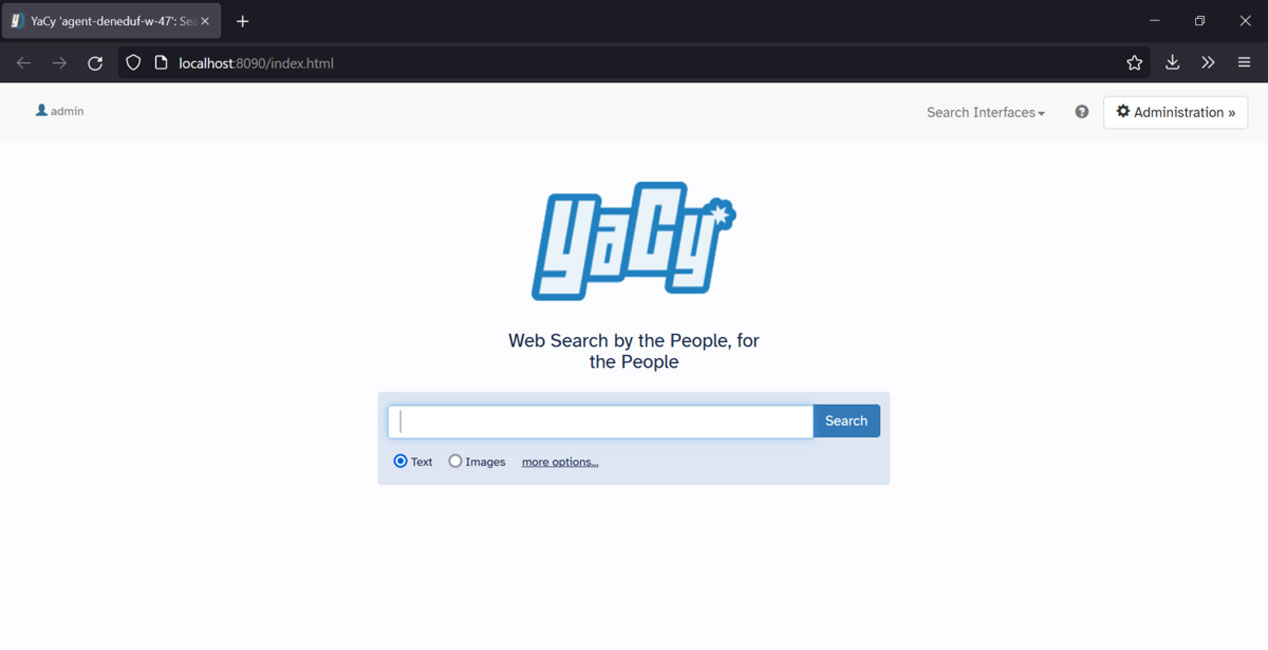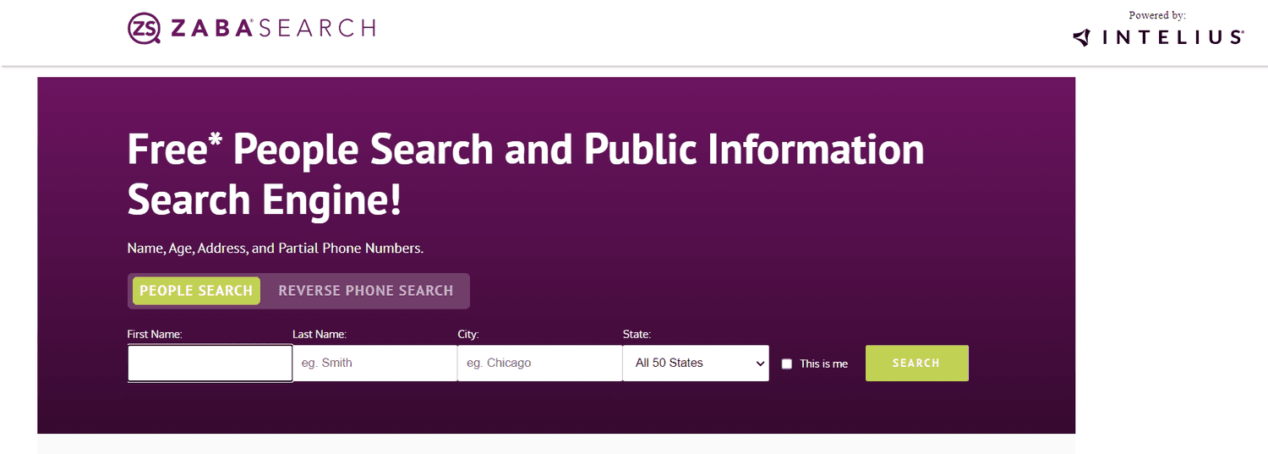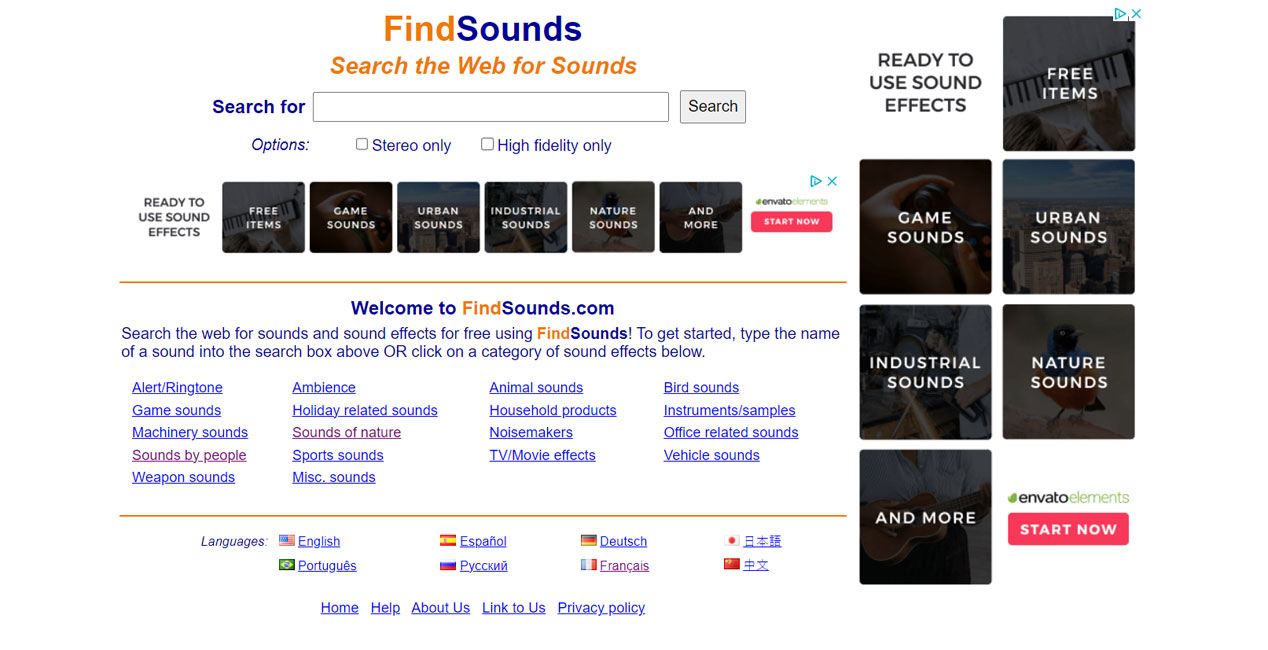Search engines play an important part in our daily lives. There are a lot of problems that these tools can solve like navigation problems, finding academic information or searching for the source of a certain video. We are all familiar with Google and Bing, but there is a whole world of other search engines that you can use for certain issues. Listed below are 50 search engines list that you can use for different purposes.

Get free project estimation in 48 hours
300+
Startups trusted us since 2022
4
Months time-to-market
55+
Reviews from happy clients
Must read – What Is Answer Engine Optimization (AEO)?
50 Most Popular Search Engines:
1. Google (Founded in September 1998)
Google dominates the search engine market, with a share of 90%. This widely used search engine was founded in 1988 and has revolutionised how we search the web with its PageRank algorithm. This algorithm provides you with results based on relevance and authority.
User-Friendly Interface: Google’s interface is simple and easy to navigate, making it easier for users to find information quickly.
Innovative features: It offers many advanced features, including voice search, Google Images, Google Maps, and personalized recommendations.
Continuous improvement: Google continually updates its algorithms to enhance its search capabilities with AI and machine learning.
Audience/Region: Global reach with a broad user base across all demographics.
2. YouTube (Founded in February 2005)
YouTube has become one of the world’s leading search engines, especially for video content. With over two billion active users, YouTube ranks just behind Google in popularity, outpacing traditional search engines like Yahoo and Bing. Known as the top choice for video-related searches, it’s widely used for streaming, tutorials, entertainment, and educational content.
Massive User Base: With over 2.49 billion monthly active users, YouTube attracts a vast audience seeking video content, making it a go-to platform for entertainment, education, and information.
Visual Engagement: Video content is more engaging than text, appealing to users’ preference for visual information. This leads to longer viewing times and increased user interaction.
3. Microsoft Bing (Founded in June 2009)
Microsoft Bing is famous for its image as well as video search capabilities and stands out as a search engine that offers a visually rich experience. Along with providing a great search experience, it also provides its users with Microsoft rewards points for their searches.
- What Makes it so Popular: Bing offers strong integration with Microsoft products, a visually rich interface, and cashback rewards for using the engine.
- Best For: Windows users and those who enjoy visual search results.
- Privacy Considerations: Bing’s data collection policies are similar to Google’s, but it provides privacy settings to manage tracking preferences.
4. Yahoo (Founded in January 1994)
Yahoo Search is a web search engine that was launched in 1994 and was famous for its human-edited directory. Today this search engine is powered by Bing and that delivers results with a focus on simplicity. This search engine offers a personalised experience that features trending news, and topics alongside search results.
- Why is it so Popular? : Yahoo! Search offers a more content-driven experience, with integrated services like news, sports, and finance.
- Best For: Users who prefer a more comprehensive portal that combines search with news and lifestyle content.
- Privacy Considerations: Yahoo! Search’s privacy policies are similar to Bing’s, with user data being used for personalized advertising.
5. Duck Duck Go (Founded in February 2008)
Duck Duck Go is a one-of-a-kind experience in this search engine list that differentiates itself from other search engines by not collecting user activity or personal data. It also does not create any user profile so everyone gets the same results.
- Why is it so Popular? : DuckDuckGo does not track user activity or store personal information. It’s perfect for users who value their online privacy.
- Best For: Privacy-conscious individuals who want an ad-free, tracking-free search experience.
- Privacy Considerations: Unlike other search engines, DuckDuckGo does not track user behaviour or personalize search results based on personal data.
6. Baidu (Founded in January 2000)
Baidu is China’s leading search engine, it provides results similar to Google. This search engine is specially tailored to the regulations of China and the preferences of Chinese people. Baidu goes beyond just searching, it also has self-driving cars as well as AI-powered health solutions which makes it a tech giant in China.
- Why is it so Popular? : Baidu excels at serving content relevant to China and offers services like maps, music, and even AI-powered tools.
- Best For: Users in China or those seeking Chinese-language content and services.
- Privacy Considerations: Due to government regulations, Baidu tracks user data and enforces censorship, which may not align with privacy values for international users.
7. Yandex (Founded in September 1997)
Yandex was launched in 1997 and serves as a primary search engine in Russia. It is famous for its advanced algorithms that are particularly useful for processing queries in the Russian language and teaching Russian nuances to people. There is a range of tools provided by Yandex like Yandex Translate, and Yandex Market.
- Why is it so Popular? : With features like maps, email, and cloud storage, Yandex provides a well-rounded digital experience.
- Best For: Russia and its neighbouring countries use Yandex because of its deep integration into Russian internet culture.
- Privacy Considerations: Yandex collects data but is transparent about its use. Still, it’s not as privacy-focused as DuckDuckGo.
8. Ask.com (Founded in June 1996)
Ask.com is a question-and-answer type of search engine, this search engine was created in 1996 as Ask Jeeves. This search engine allows users to search the web in their local language so that even those who are not comfortable with a professional search system can easily search.
- Why is it so Popular: Ask.com provides direct answers to questions, often pulling from a variety of sources for instant results.
- Best For: Quick factual queries and trivia.
- Privacy Considerations: Ask.com does track user behavior to serve ads, but it offers some privacy options.
9. Naver (Founded in June 1999)
Naver, often referred to as “Google of Korea” is the most famous search engine in South Korea. It offers specialised content for Korean users that is filled with Korean culture and language. This search engine also offers user-generated content that allows users to add value to its sections.
- Why is it so Popular?: This popular Korean social and content-sharing platform also provides culturally relevant and localized results, making it a reliable source of information
- Best For: Korean speakers or users interested in Korean content, pop culture, and news.
- Privacy Considerations: Naver collects user data for personalization, similar to other major search engines, but follows South Korea’s data privacy regulations.
10. Crunchbase (Founded in May 2007)
Crunchbase is made to provide information about business startups, their investors as well as funding rounds. This comprehensive search engine provides you with insights into companies’ financials, acquisitions, key personnel, as well as market trends.
Why It’s Popular: It is an invaluable tool for those researching companies, startups, and funding trends, since it is tailored to business intelligence and investment research.
Best For: Crunchbase is highly useful for investors, business analysts, journalists, and anyone researching the startup ecosystem.
11. Gigablast (Founded in 2000)
Gigablast is especially known for its real-time indexing and focus on privacy, this search engine can be a lightweight alternative to Google. You can also get advanced search operators and custom query syntax.
12. Ecosia (Founded in December 2009)
As the name suggests, this search engine is an eco-friendly search engine that plants trees from revenue generated from user searches. It also uses its profile to support reforestation around the world. Ecosia is a privacy-conscious platform that doesn’t record its user’s data or sell it to advertisers.
13. WolframAlpha (Founded in May 2009)
Also known as a computational knowledge engine that gives you factual answers to complex questions, WolframAlpha is ideal for academics and researchers. This is a privately owned search engine that works on Wolfram’s unique algorithm and AI technologies to calculate expert-level user results.
14. Qwant (Founded in May 2011)
Qwant is a France-based search that focuses on user security and data protection. Unlike other search engines, it does not track user activity or store search history and even doesn’t personalize search results.
15. Startpage (Founded in 1998)
Made especially to enhance users’ private browsing experience, StartPage provides you with Google-powered results without tracking your history, or user activity. Its main feature is the proxy service through which users can visit any website without revealing their location or identity.
16. Search Encrypt (Founded in 2016)
This is the best search engine and is also secure, Search Encrypt uses advanced encryption technology to make sure your data is protected at all times. After you are done searching the search engine automatically deletes all the search history.
17. Yippy (Founded in 2004)
Yippy provides you with deep searching options, it gives you results that Google and Bing do not index. The results include government databases, academic resources, and other non-crawled content.
18. Swisscows (Founded in 2014)
Swisscows is a Switzerland-based search engine that gives priority to privacy. This search engine is family-friendly, so it blocks out explicit content for you.
19. Dogpile (Founded in November 1996)
Dogpile enhances your search results by providing you with a combination of results from Bing, Google and Yahoo. This search engine was designed to overcome the limitations of one search engine by mixing the results of other search engines.
20. Searx (Founded in January 2014)
This search engine is an open search engine that aggregates results from other search engines while tracking your history. Searx also allows users to create private instances for added security.
21. MetaGer (Founded in 1996)
This search engine is a Germany-based search engine that focuses on private searching. MetaGer operates as a non-profit and depends upon decentralised distributed crawling, it provides you with searches from different sources.
22. Mojeek (Founded in October 2004)
It is a UK-based search engine that also focuses on privacy and naturality. Mojeek is a crawler-based search engine that is a more ethical alternative to mainstream search engines.
23. Boardreader (Founded in May 2000)
Boardreader is a special search engine that focuses on indexing content from forums, message boards, and online communities. This search engine is a great tool for tracking conversations and finding user-generated content.
24. WebCrawler (Founded in April 1994)
It is a metasearch engine that accumulates results from various search engines like Google, Yahoo and Bing. WebCrawler also offers a simple interface for those who only want to make basic searches.
25. You.com (Founded in November 2021)
You.com is different from a traditional search engine as it allows users to set preferences and personalize their search experiences. This search engine has multiple search categories that include web and images.
26. Xayn (Founded in 2017)
Xayn is an AI-powered search engine that uses AI to deliver personalized results on your device so that there is no data stored on servers. This search engine combines the convenience of modern search engines with a focus on transparency and privacy.
27. Infinity Search (Founded in October 2019)
Along with focusing on private search, Infinity Search offers you fast results with customisable search options. It is the best option for those looking for a private, ad-free search engine that provides you with uncompromising performance.
28. Peekier (Founded in 2017)
Peekier comes with advanced search protocols to protect searches and avoid targeted ads. This search engine also stands out for its unique preview feature that allows users to look at the snapshots before actually opening the website.
29. Oscobo (Founded in 2015)
Unlike other search engines, Oscobo prioritises privacy over other factors. This search engine doesn’t store information or allow third-party advertisers to access search queries. It doesn’t allow targeted ads or data collection.
30. Creative Common Search (Founded in May 2019)
Creative Common Search is a special search engine where you can find media that is available under the Creative Common licence. This search engine accumulates results from trusted sources like Flickr, Wikimedia Commons etc.
31. Gibiru (Founded in 2009)
Gibiru comes with a clean interface and is the best choice for those searching for a data-driven platform. This search engine also gives you customisable search settings so that you can get customized experiences.
32. Neeva (Founded in 2019)
Neeva search engine works on subscriptions to provide you with a free experience. This search engine sets a reform in traditional search engines by putting users in charge of their search engines.
33. Internet Archive (Founded in May 1996)
This search engine is a powerful search engine that provides its users with archived websites, books, music as well as videos. Internet Archive acts as a valuable resource for anyone who wants to access historical internet data.
34. Etools.ch (Founded in 1999)
This Swiss-based search engine focuses on providing its users with comprehensive results. Etools.ch also gives quick and relevant results with the help of search compilation.
35. OneSearch (Founded in January 2020)
OneSearch gives you advanced encryption techniques that ensure your search history remains private. This search engine is known for its commitment to privacy which makes it a great search tool for those who don’t want to store history.
36. Brave Search (Founded in March 2021)
Brave Search operates on its own without relying on third-party indexes like Google or Bing. This search engine is a popular choice for those looking for personalized browsing along with data protection.
37. Blekko (Founded in 2007)
Blekko, a 2010 search engine is specially designed to provide users with spam-free search results using slashtags. These slash tags help to filter searches through and improve search accuracy.
38. Faroo (Founded in 2005)
Faroo is a decentralised peer-to-peer search engine and unlike traditional search engines, it gathers users’ computers to crawl and index web pages. This allowed search engines to bypass the need for large data centres and improve users’ privacy.
39. Exalead (Founded in 2000)
This French-based search engine is known for its advanced search capabilities. Exalead gives you search results that are beyond traditional searches which include customisable applications for data management or business intelligence.
40. Lycos (Founded in May 1994)
Lycos is one of the oldest search engines launched in 1994. It also provides web hosting, social networking services, and email. It may not be as great as Google and Bing but it is still a nostalgic brand providing simple search.
41. YaCy (Founded in 2003)
YaCy is also a decentralised open-source search engine that aims to provide privacy as well as freedom from central authorities. This search engine operates on a peer-to-peer relationship where users index and share each result.
42. Gooru (Founded in 2011)
Gooru is a special search engine built for educators and students with educational content. This search engine has educational content that includes assessments, and interactive lessons from trusted academic sources.
43. Volunia (Founded in 2008)
Volusia revolutionised the traditional search engines that provide a more social as well as interactive experience. It aimed to provide traditional search functionality added with social networking features.
44. IXquick (Founded in 1998)
IXquick also aggregates search results from various sources, all the while ensuring that the privacy of the user is maintained. Along with its sister search engine, StartPage, it combines features to offer strong privacy protection.
45. Zabasearch (Founded in 2005)
Zabasearch is a unique search engine that helps users find public information about individuals in the USA. This search engine gathers information about individuals from public records like birth dates, phone numbers, addresses, and even criminal records.
46. Giggle (Founded in 2014)
Giggle is a one-of-a-kind search engine that is designed specifically for children. The platform is filled with interactive elements and colour visuals that engage young users along with ensuring their privacy is safe.
47. Openverse (Founded in 2019)
Also known as CC search, this search engine helps its users to find openly licensed media that mainly includes images and audio. This search offers a vast library of public domain along with Creative Commons licensed content.
48. Fuzzy search (Founded in 2003)
Fuzzy search offers a simple, user-friendly and intuitive interface. The platform’s ability to control user privacy makes it an excellent choice for users.
49. Find Sounds (Founded in 2000)
Find Sounds is a unique search engine specially built for creative people to find sound effects and audio clips. This search engine allows users to search for a variety of sounds ranging from animal to instrumental.
50. Lilo (Founded in 2015)
Lilo is also a special search engine that focuses on the environment as well as social impact. This search engine allows users to gather water droplets for every search they make and then use these droplets for the cause they like.
Emerging Search Engines: ChatGPT’s Advanced Search Engine Feature
ChatGPT the innovative chatbot is one of a kind information retrieval system that is ideal for retrieving information. You can easily find the latest updates and news to enhance your work process and boost productivity. Here are some key features to seek for in this system:
- Real-time browsing – Now you can easily retrieve information that goes beyond model knowledge cutoff.
- Multiple sources – Time to find balanced answers from credible sources.
- Efficient research – Quickly get answers on niche topics or recent developments within one click.
- Citation support – To improve reliability and transparency, the system provides information and cites the source.
- Flexible querying – for accurate results, the ChatGPT search engine uses iterative searching. This allows refined and more polished content.
ChatGPT is a valuable tool for users who need to get quick information from verified references on trending topics or different genres.
Also read –
OpenAI Launches New Web Search Engine for ChatGPT: Expanding AI’s Real-Time Knowledge
Conclusion
There are a whole lot of search engines other than Google, Bing or Yahoo that cater to different people and their needs. The above list of search engines helps you to address special concerns like privacy, academic information or images as well as sound search.






